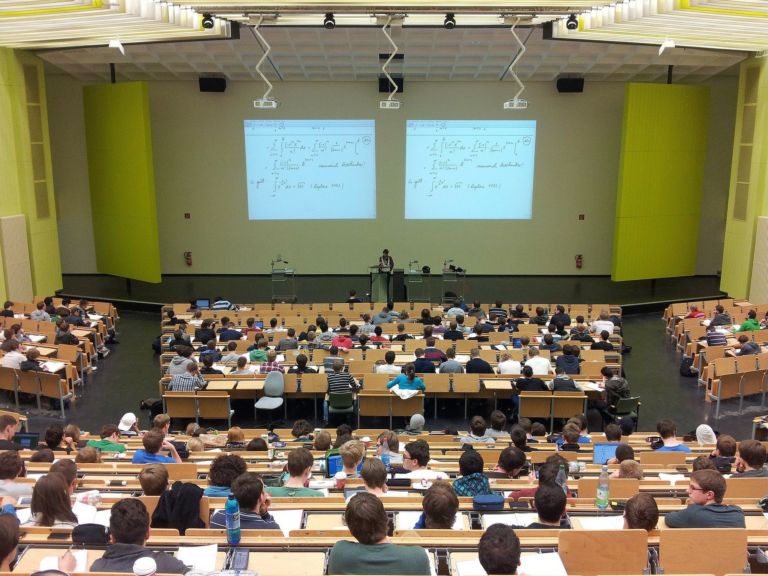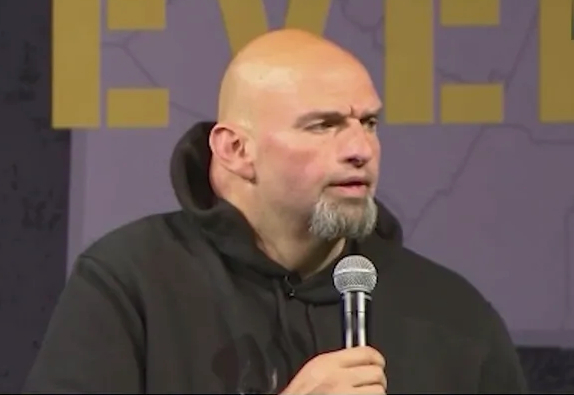Aaron Sibarium of the Washington Free Beacon details troubling developments at a leading American law school.
At most law schools, the first few weeks of property law are spent on foundational cases of British common law. At Georgetown University, they are spent on structural racism and cultural appropriation.
Students in professor Madhavi Sunder’s mandatory first-year course learn on day one that the history of American property law is “the history of dispossession and appropriation,” according to videos of the course reviewed by the Washington Free Beacon. Lecture slides from the first month of coursework trace the “birth” of modern property law not to English courts, but to “Native dispossession and the enslavement of African Americans.” “Possession,” one slide asserts, “is a legal term of art for a settler capitalist society.”
These legacies of oppression “continue in contemporary doctrines” of property, Sunder said on the first day of class this semester. For example, her slides explain, “Intellectual Property has a cultural appropriation problem,” especially when it comes to black choreographers: Their dance moves were allegedly appropriated by the popular video game Fortnite, and by white influencers on TikTok.
To help her students conceptualize the problem, Sunder quotes the “antiracist” author Ijeoma Oluo, who defines cultural appropriation as the “adoption or exploitation of another culture by a more dominant culture.” Students are then asked to apply this definition to intellectual property law, according to the slides.
Sunder wasn’t just putting her own spin on a stereotypically dry class; she was also laying the groundwork for a sweeping transformation of the law school curriculum.
In September 2021, Georgetown Law’s faculty voted to adopt a new “institutional learning outcome”: All students will be expected to graduate with the “ability to think critically about the law’s claim to neutrality and its differential effects on subordinated groups, including those identified by race, gender, indigeneity, and class,” according to a faculty motion reviewed by the Free Beacon.


